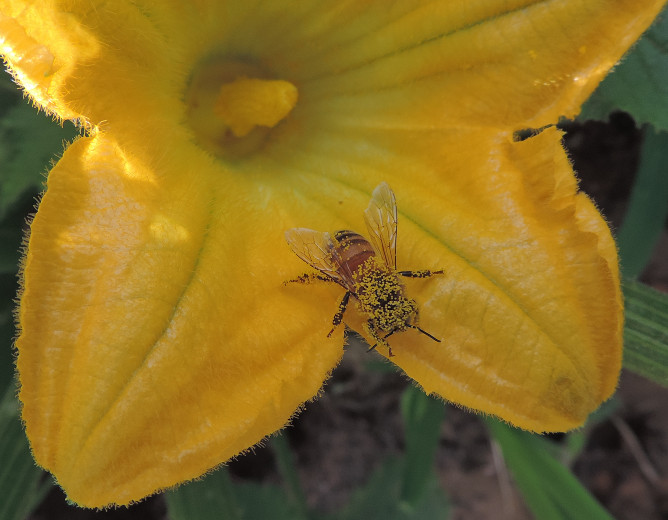In Australia, the rate of non-immunisation of children has doubled in a decade and rates of some very avoidable but potentially lethal children’s diseases such as measles and whooping cough (pertussis) have gone up. There's been recent media attention given to some extremely sad cases of very young babies dying from whooping cough, with the distraught parents sharing their experiences of watching their very distressed child struggling to breathe before eventually succumbing to this once rare illness. Parents that have their children vaccinated are concerned that their children are being placed at risk in child minding centres from non-immunised children. The Australian Federal Government has reacted by enacting a ‘no jab, no pay’ policy, which will restrict childcare benefits for those parents who refuse to have their kids immunised.
"In the United States and the UK, too, immunisation rates have fallen over recent years, and diseases which once plagued our children, and were then all but wiped out by immunisation programs, have returned in significant numbers.'
This trend also puts us a risk; we can't have live vaccines and our response to other vaccinations falls as our CLL progresses and as we age. Our ability to fight off illnesses worsens too and is a major factor in why we can be said to die with CLL not from it (though arguably it is our CLL that caused us to succumb to the infection).
"So what has been going on? Why are so many parents refusing to take advantage of a preventive medical technology which has saved literally millions of children’s lives across the world?' Brian McNair, Professor of Journalism, Media and Communication at Queensland University of Technology, Australia, examines where the anxieties have come from that have resulted in a growing number of parents refusing to have their children immunised. Seems that it all stems from something that happened nearly 20 years ago in the UK...
theconversation.com/immunis...
Neil
Photo: The courgette (zucchini) flowers in my vegetable garden produce so much pollen that bees have trouble flying away. I'm not sure if it's because they can't see, it's the weight of the pollen or the pollen makes them aerodynamically unstable, but I've seen them struggle back to land on a leaf and after a lengthy period of cleaning , buzz off in a much better controlled flight.

